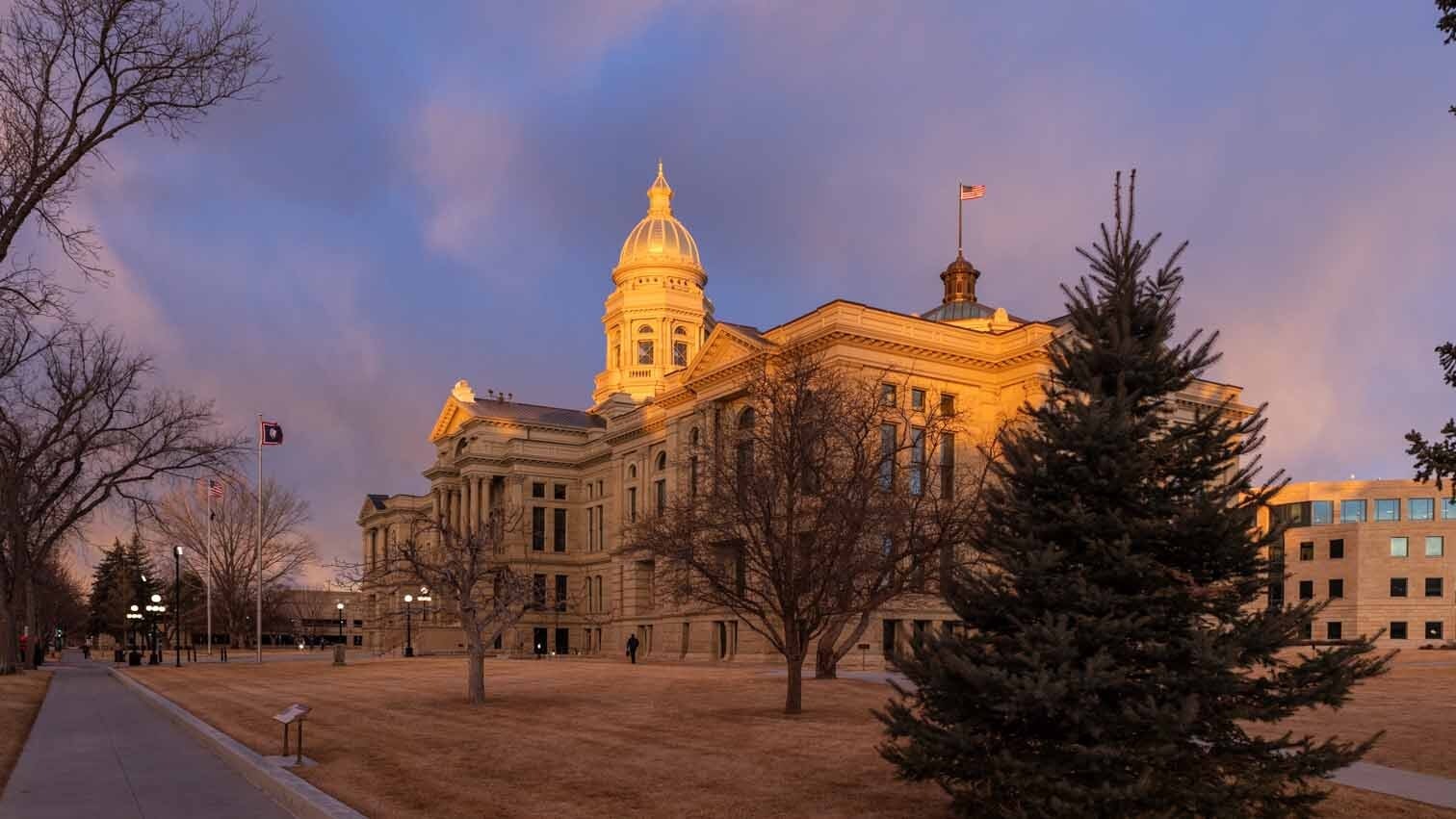Dear editor:
If the legislature passes a law that seems to infringe on the freedoms of one group over another, the courts can decide if that law is constitutional.
The process in legalese is called strict scrutiny. The law must have a compelling interest, be narrowly tailored and be the least restrictive means to accomplish the desired outcome. If it passes muster on these grounds, even a discriminatory law is deemed constitutional.
So, under strict scrutiny here in the Equality State, if we are going to allow a law tailored specifically to women, the Supreme Court must find it of utmost importance, that it does achieve the State’s narrow interest and there is no other way to achieve the same goal without passing a restrictive law.
This is what the Wyoming courts are deciding. I am not a lawyer, but here’s why these laws pass muster with me.
When the Wyoming Supreme Court heard oral arguments on the laws restricting abortions, they asked the defense if the laws passed the strict scrutiny test.
The plaintiffs argued that the laws cannot be equally applied to men, they only apply to pregnant women, and therefore do not pass the test. At least we all agree then that biological men cannot actually get pregnant, but let’s save that discussion for another time.
For context, after Obamacare was passed in 2010, Wyoming pushed back in 2012 and added language to our state constitution giving competent adults absolute authority to make their own health care decisions, pay for it themselves, granted the state legislature (not the federal government) the right to make health care laws, and mandated that the other two branches of state government had a duty to preserve this absolute authority.
This is the gist of Article 1 Section 38 of the Wyoming Constitution.
According to this section in our constitution, the state Legislature is the body that makes laws dealing with health care, and they have. After the elections in 2020, the 66th Legislature began work with many new members and passed a law that would restrict abortions if Roe v. Wade was overturned.
In 2023, I proudly voted with a majority of others in the 67th Legislature to pass the bans on abortion that are currently under scrutiny by the Supreme Court. Weeks ago, the 68th Legislature also passed bills restricting abortions.
In the last five years, three distinct legislative bodies have all agreed that Wyoming should have restrictions on abortions. In this way, by electing various legislators, the people have spoken.
What about constitutional protections that are not being applied equally to both men and women? Aren’t only women the subject of these laws? Is a woman’s health care decision making ability being violated while a man’s isn’t?
There is recent precedent why abortion restrictions can be constitutional in Wyoming. In 2023, a bill was passed and signed into law by our governor to expand Medicaid to the extremely narrow subset of people we are talking about, pregnant women. Men need not apply.
The fact is that this expansion of Medicaid even discriminates between women because there are other qualifications for women to receive this Medicaid coverage, not just pregnancy. The constitutionality of this law, however, was never challenged.
The Court also asked both sides if this was a religious question. Fundamentally the question is about when life begins, and religious groups approach a stance on abortion from this perspective. Would the Court be favoring one religious viewpoint over another?
If you dig into the previous example of those pregnant women now covered by Medicaid, you will notice that the State has already decided when life begins.
The woman and the baby are covered by Medicaid from the moment she conceives; the State finds her eligible and Medicaid coverage is extended to both the mother and the unborn baby. This is not judging between religious ideologies. The Legislature did not debate if Medicaid should have kicked in when there was a heartbeat, or at 28 weeks or even after the baby is out of the womb.
The State has already decided to be restrictive and put some babies and pregnant women on Medicaid from conception to a year after birth. They are not judging between religions; they are just being consistent.
Strict scrutiny and consistency would mean anti-abortion laws are constitutional in Wyoming and should be upheld by the courts.
The strict scrutiny test is passed, and the people of Wyoming want restrictions on abortions based on the legislators they elected. The Wyoming Supreme Court should have an easy time deciding this question.
Sincerely,
Ben Hornok, Cheyenne





